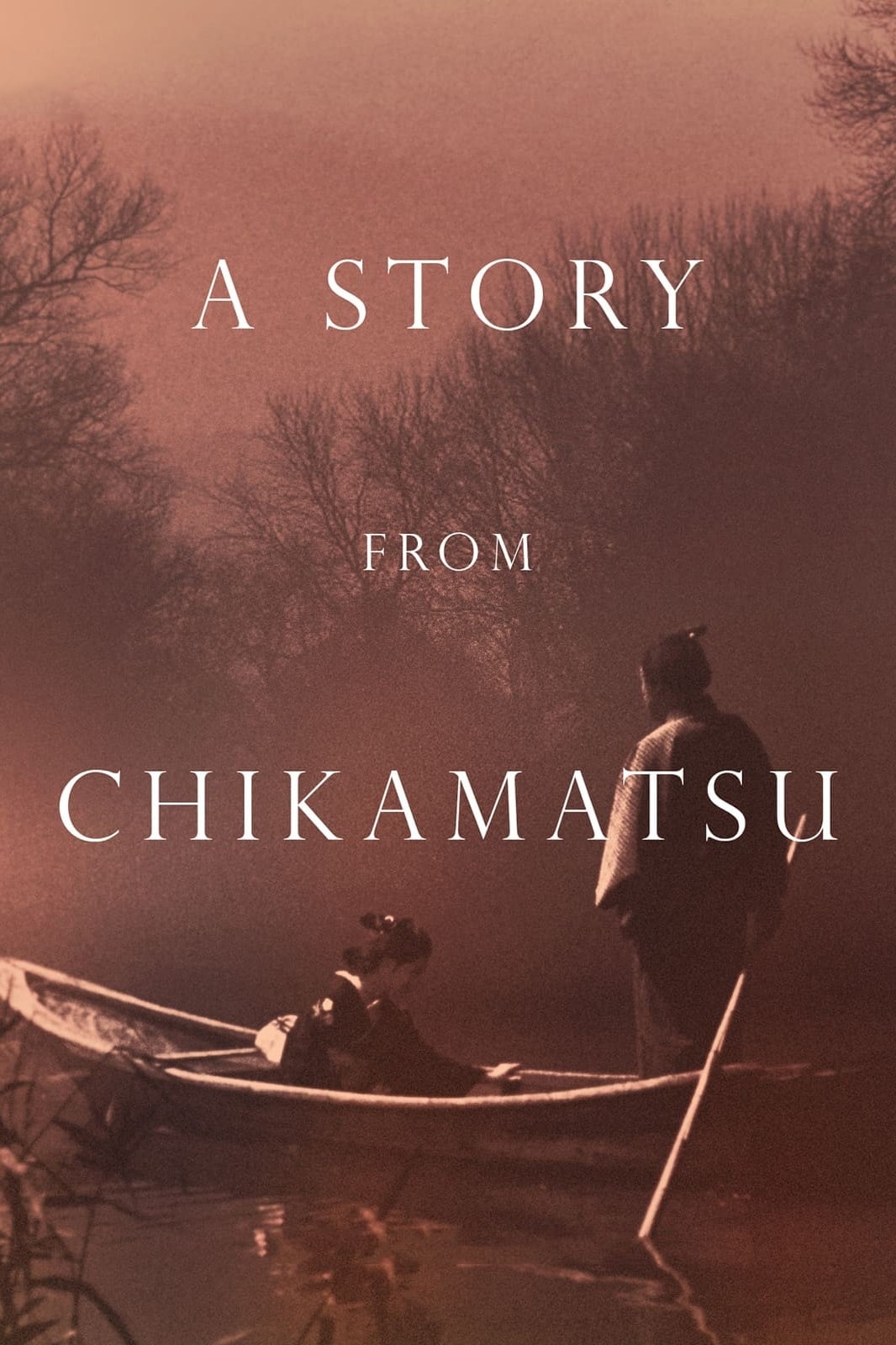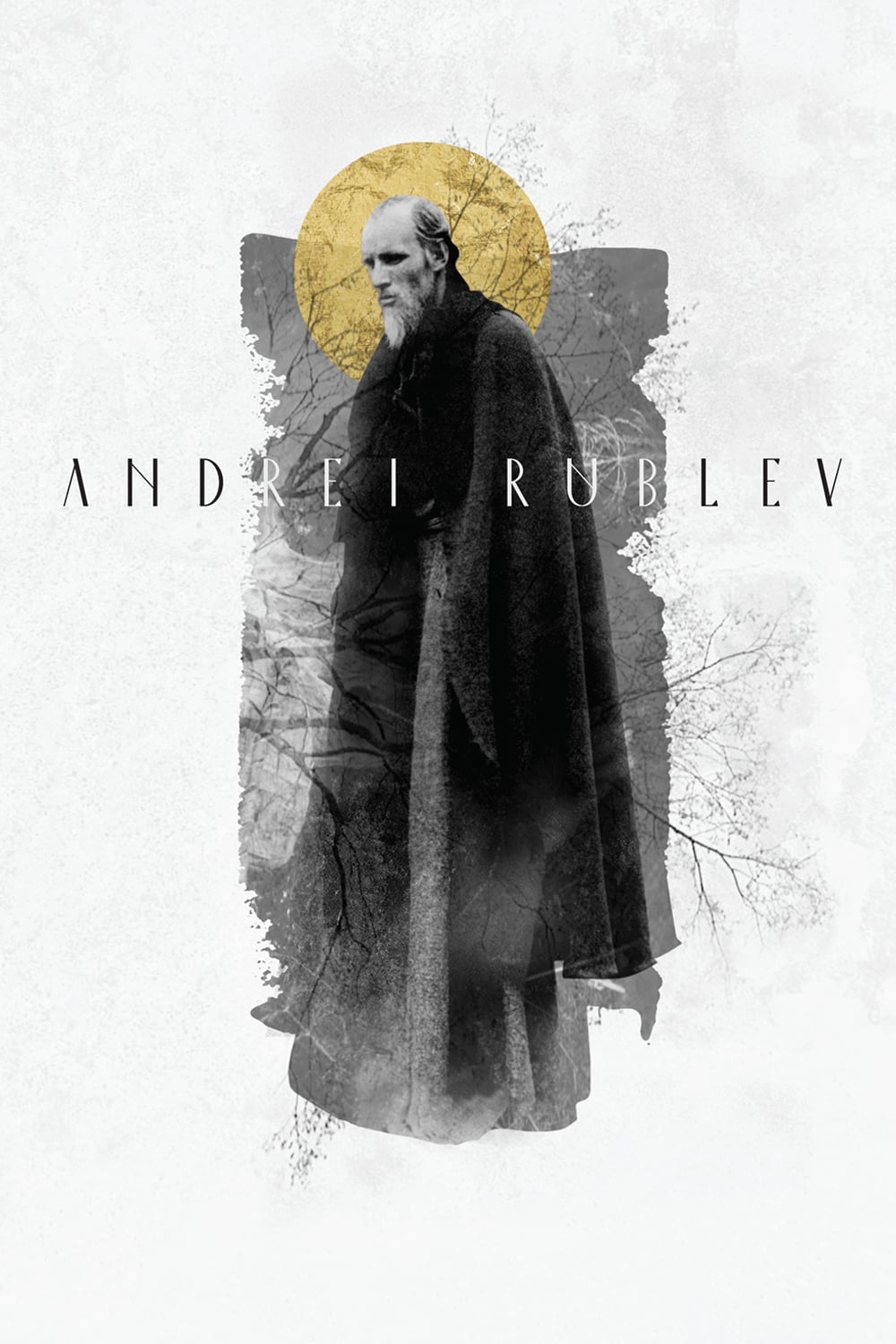Andrei Rublev (1966)
Andrei Rublev (1966)
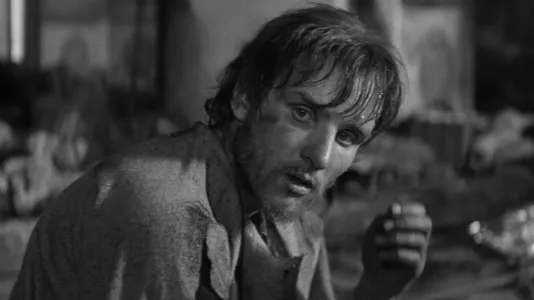
Plot.
Where to Watch.
 Subs
Subs Rent
RentCurrently Andrei Rublev is available for streaming online, rent, buy or watch for free on: Criterion Channel, Apple TV
Streaming in:🇺🇸 United States

This Movie Is About.
Cast & Crew.
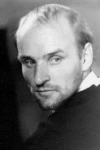
Anatoliy Solonitsyn
Andrei Rublev
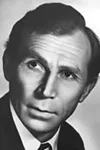
Ivan Lapikov
Kirill
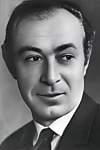
Nikolay Grinko
Daniil Chornyy
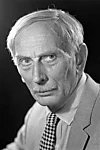
Nikolai Sergeyev
Feofan Grek
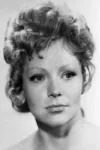
Irma Raush
God's Fool
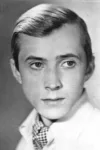
Nikolay Burlyaev
Boriska
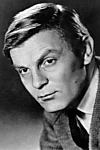
Yuriy Nazarov
Grand Prince / Little Prince
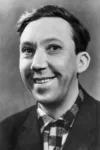
Yuriy Nikulin
Patrikey
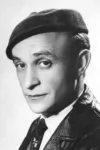
Rolan Bykov
Buffoon
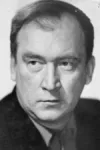
Nikolay Grabbe
Stepan

Mikhail Kononov
Foma
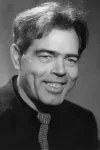
Stepan Krylov
Senior Foundry Worker
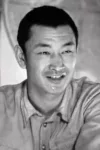
Bolot Beyshenaliev
Tatar Khan

B. Matysik
Pyotr
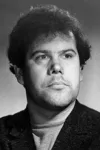
Anatoliy Obukhov
Aleksey

Volodya Titov
Sergey

Nikolay Glazkov
Yefim
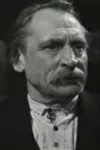
Semyon Bardin
Hut Owner
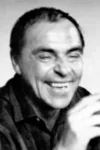
Evgeniy Chernyaev
ProductionDesigner
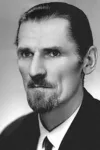
Vladimir Vasilyev
Monk
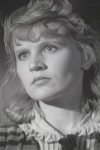
Zinaida Vorkul
Mariya
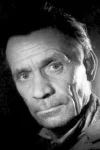
Aleksandr Titov
Stepan

Viktor Volkov
Carver
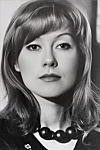
Irina Miroshnichenko
Mary Magdalene
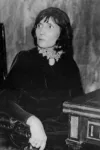
Tamara Ogorodnikova
Jesus' Mother / Producer

Natalya Radolitskaya
Girl Bathing
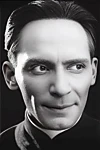
Nikolay Kutuzov
Senior Hegumen
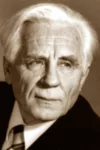
Dmitriy Orlovskiy
Old Master
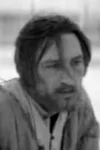
Igor Donskoy
Jesus

Georgiy Sochevko
Grand Prince's Warrior

Nelli Snegina
Marfa
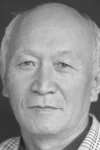
Asanbek Umuraliev
Tatarin

Vyacheslav Tsaryov
Andreyka
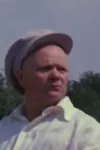
Ivan Turchenkov
Man in the Hut (uncredited)
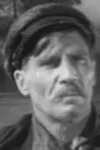
Anatoly Nikitin
Monk (uncredited)

P. Yermakov
Grand Prince's Warrior (uncredited)
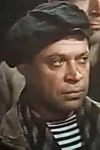
Aleksandr Petrov
Foundry Worker (uncredited)

Nikolay Sibeikin
(uncredited)
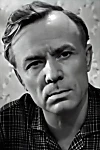
Vasiliy Tsygankov
Peasant (uncredited)

Larisa Solonitsyna
(uncredited)
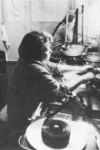
Lyudmila Feiginova
Editor

Andrei Konchalovsky
Writer
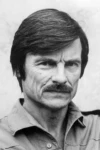
Andrei Tarkovsky
Writer / Director
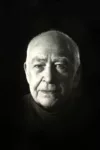
Vadim Yusov
Director of Photography

Olga Shevkunenko
Editor

Maya Abar-Baranovskaya
Costume Design

Lidiya Novi
Costume Design

Tatyana Egorycheva
Editor
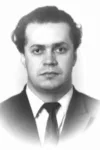
Vyacheslav Ovchinnikov
Original Music Composer

Yevgeni Chernyayev
Production Design

N. Belyaeva
Script Editor

Maksut Alyautdinov
Makeup Artist

L. Lazarev
Script Editor

S. Barsukov
Makeup Artist

Vera Rudina
Makeup Artist

Inna Zelentsova
Sound

Bagrat Oganesyan
Second Assistant Director

Larisa Tarkovskaya
Assistant Director

G. Borisovskiy

Vladimir Guskov

Iskender Ryskulov

G. Pokorskiy

P. Makarov

Ivan Bykov

K. Aleksandrov
Media.





















Details.
Release DateDecember 16, 1966
Original NameАндрей Рублёв
StatusReleased
Running Time3h 25m
Content RatingR
Box Office$24,173
Filming LocationsMoscow, Russia
Genres
Wiki.
Andrei Rublev (Russian: Андрей Рублёв, romanized: Andrey Rublyov) is a 1966 Soviet biographical historical drama film directed by Andrei Tarkovsky who co-wrote it with Andrei Konchalovsky. The film was re-edited from the 1966 film titled The Passion According to Andrei by Tarkovsky which was censored during the first decade of the Brezhnev era in the Soviet Union. The film is loosely based on the life of Andrei Rublev, a 15th-century Russian icon painter. The film features Anatoly Solonitsyn, Nikolai Grinko, Ivan Lapikov, Nikolai Sergeyev, Nikolai Burlyayev and Tarkovsky's wife Irma Raush. Savva Yamshchikov, a famous Russian restorer and art historian, was a scientific consultant of the film.
Andrei Rublev is set against the background of Russia in the early 15th-century. Although the film is only loosely based on the life of Andrei Rublev, it seeks to depict a realistic portrait of medieval Russia. Tarkovsky sought to create a film that shows the artist as "a world-historic figure" and "Christianity as an axiom of Russia's historical identity" during a turbulent period of Russian history. In addition to treating the artist as "a world-historic figure," Tarkovsky also sought to detail and investigate the intersection between faith and artistry. In his book "Sculpting in Time," Tarkovsky writes: "It is a mistake to talk about the artist 'looking for' his subject. In fact the subject grows within him like a fruit, and begins to demand expression. It is like childbirth . . . The poet has nothing to be proud of: he is not master of the situation, but a servant. Creative work is his only possible form of existence, and his every work is like a deed he has no power to annul. For him to be aware that a sequence of such deeds is due and right, that it lies in the very nature of things, he has to have faith in the idea, for only faith interlocks the system of images," In "Andrei Rublev," Tarkovksy depicts the philosophy that faith is necessary for art, thereby commenting on the deserved role of faith in the secular, atheist society he was in at the time of the film's creation.
Due to the film's themes, including artistic freedom, religion, political ambiguity, and autodidacticism, it was not released domestically in the Soviet Union under the doctrine of state atheism until years after it was completed, except for a single 1966 screening in Moscow. A version of the film was shown at the 1969 Cannes Film Festival, where it won the FIPRESCI prize. In 1971, a censored version of the film was released in the Soviet Union. The film was further cut for commercial reasons upon its U.S. release through Columbia Pictures in 1973. As a result, several versions of the film exist.
Although these issues with censorship obscured and truncated the film for many years following its release, the film was soon recognized by many western critics and film directors as a highly original and accomplished work. Even more since being restored to its original version, Andrei Rublev has come to be regarded as one of the greatest films of all time, and has often been ranked highly in both the Sight & Sound critics' and directors' polls.
You May Also Like.
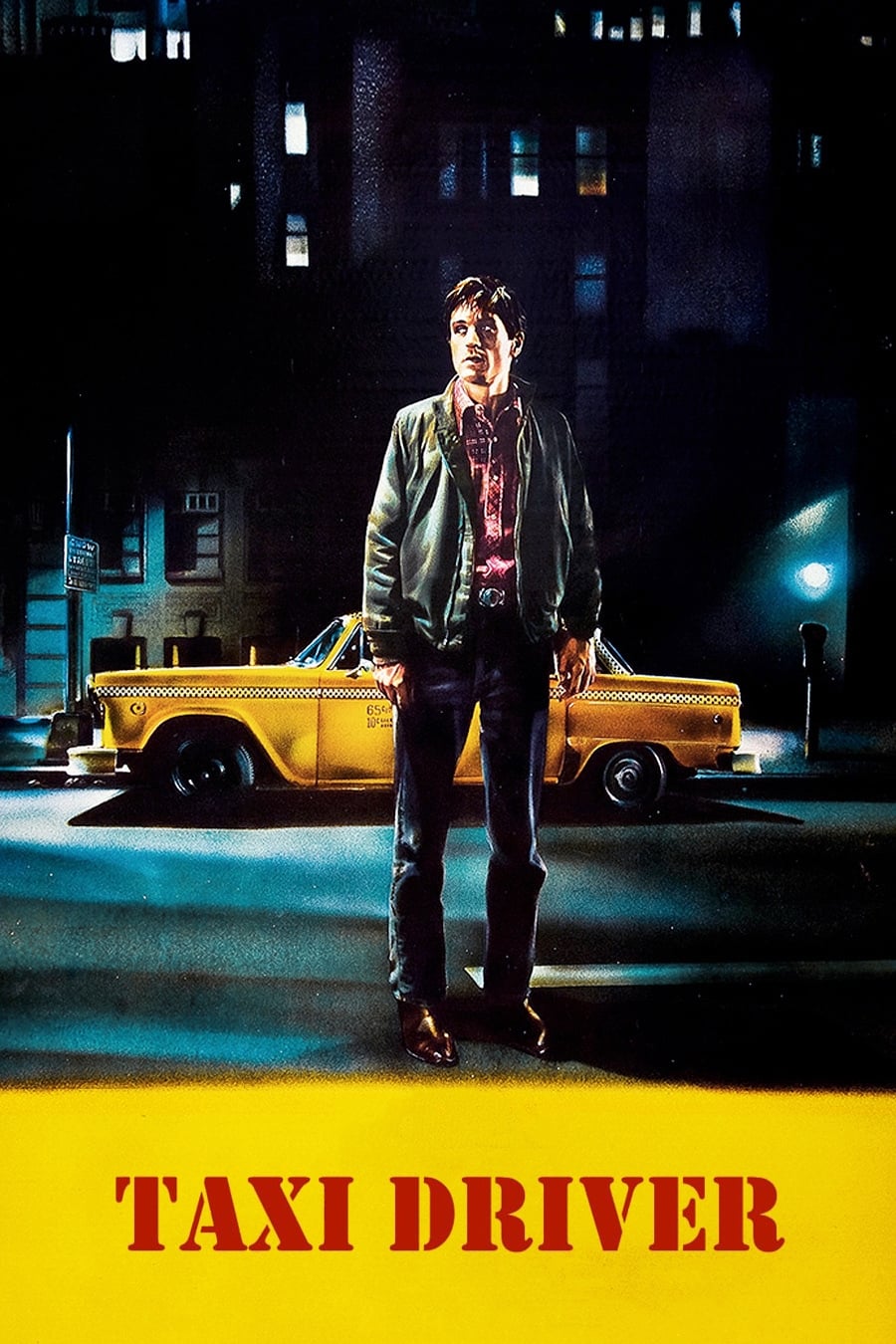
Taxi Driver (1976)
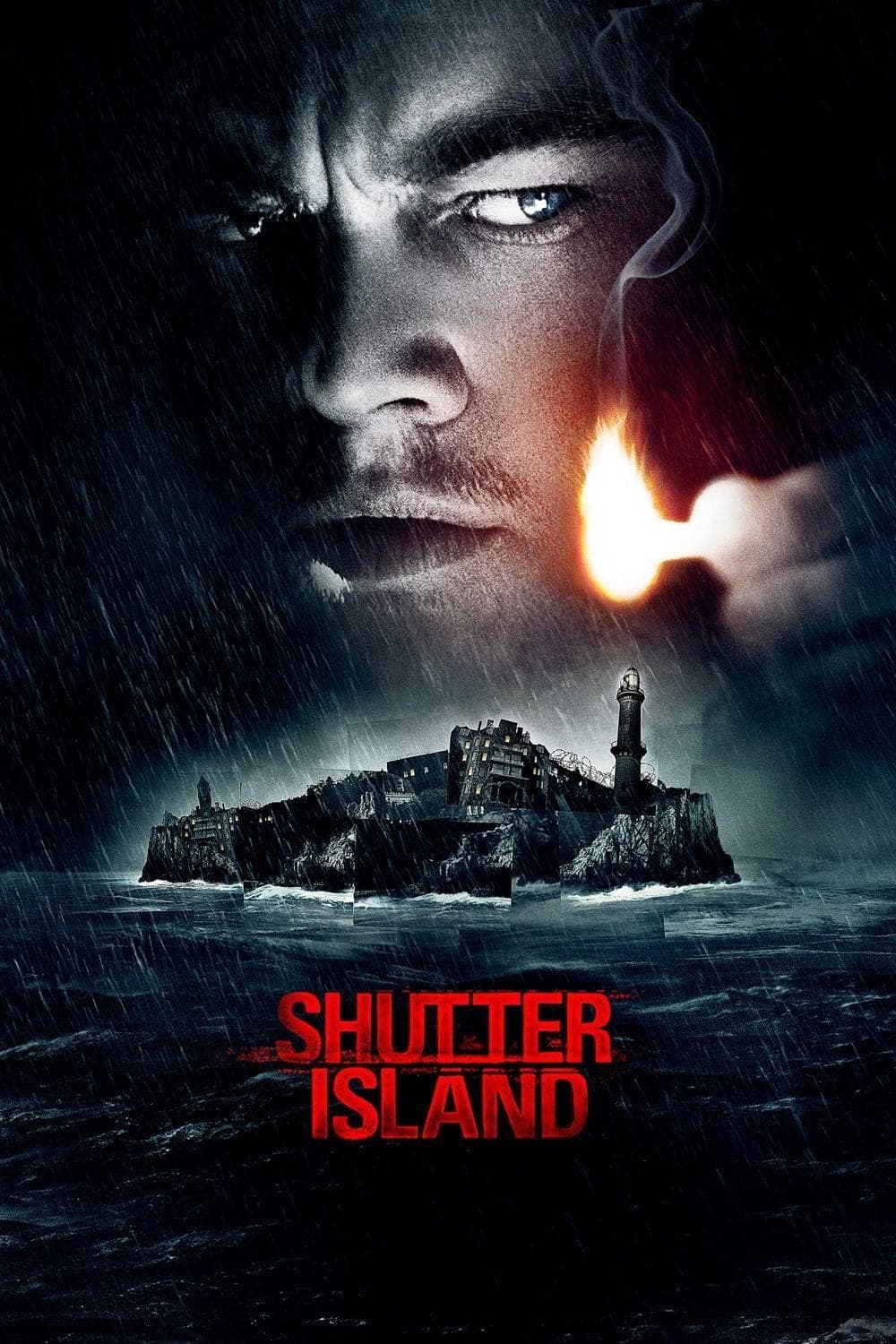
Shutter Island (2010)
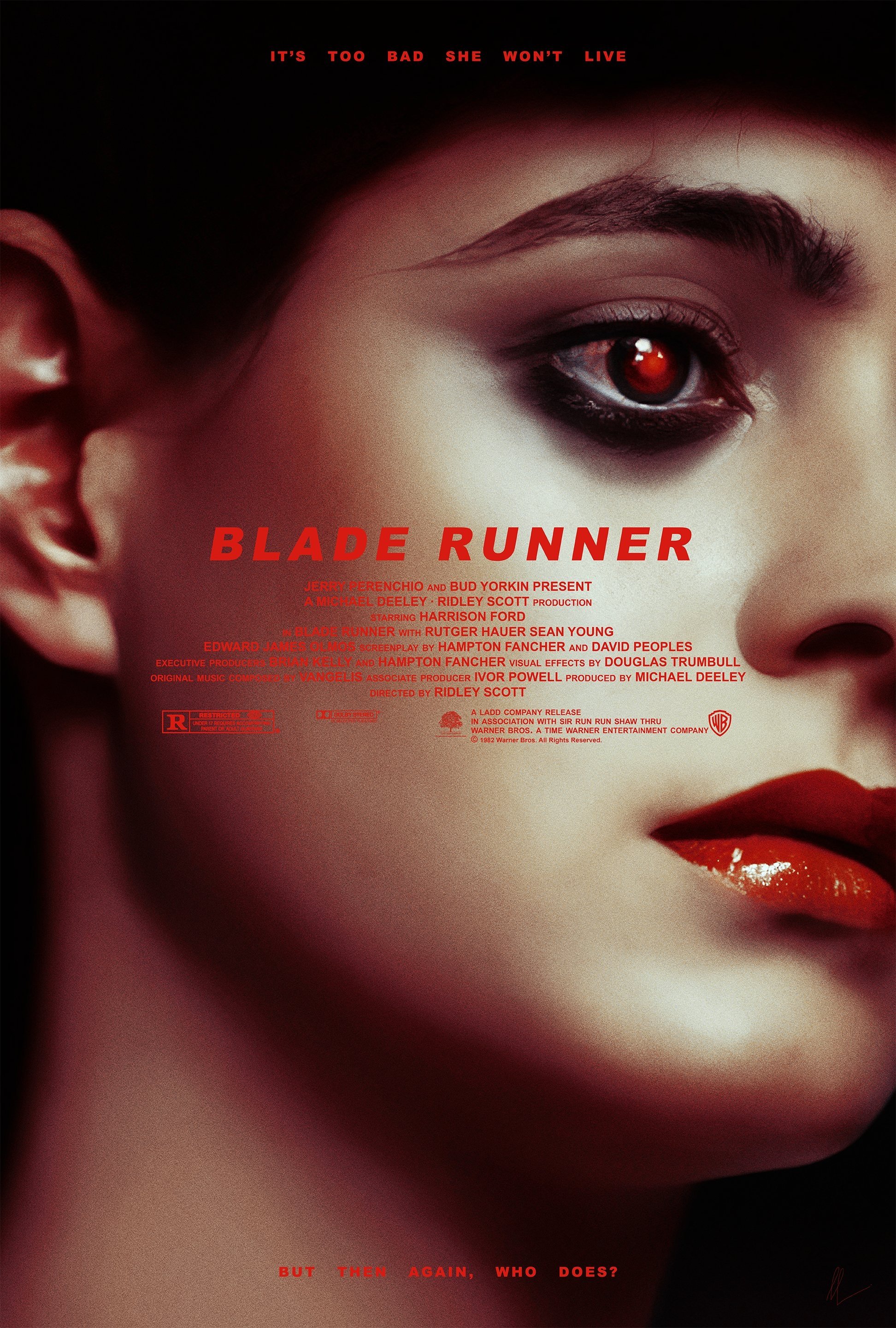
Blade Runner (1982)
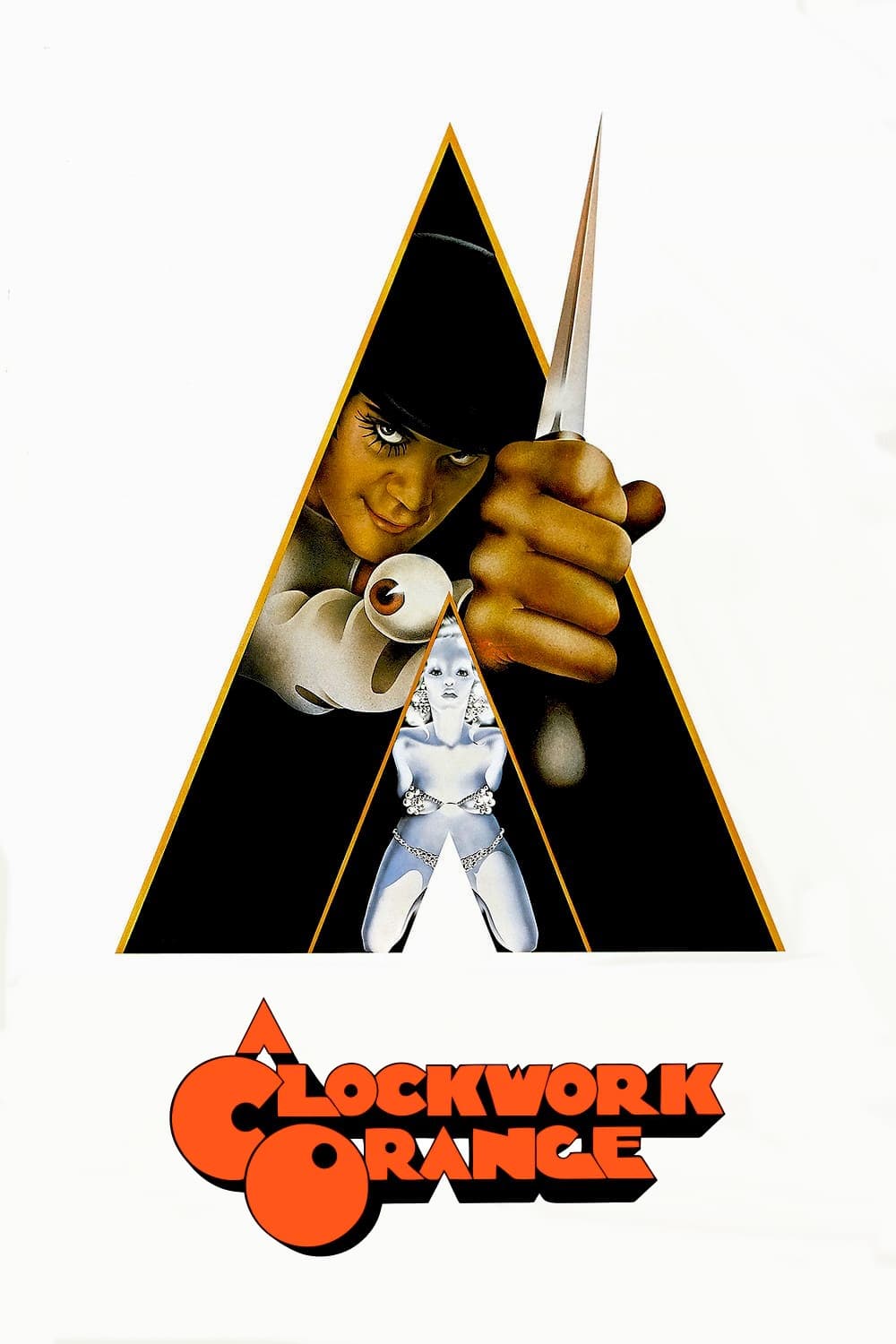
A Clockwork Orange (1971)
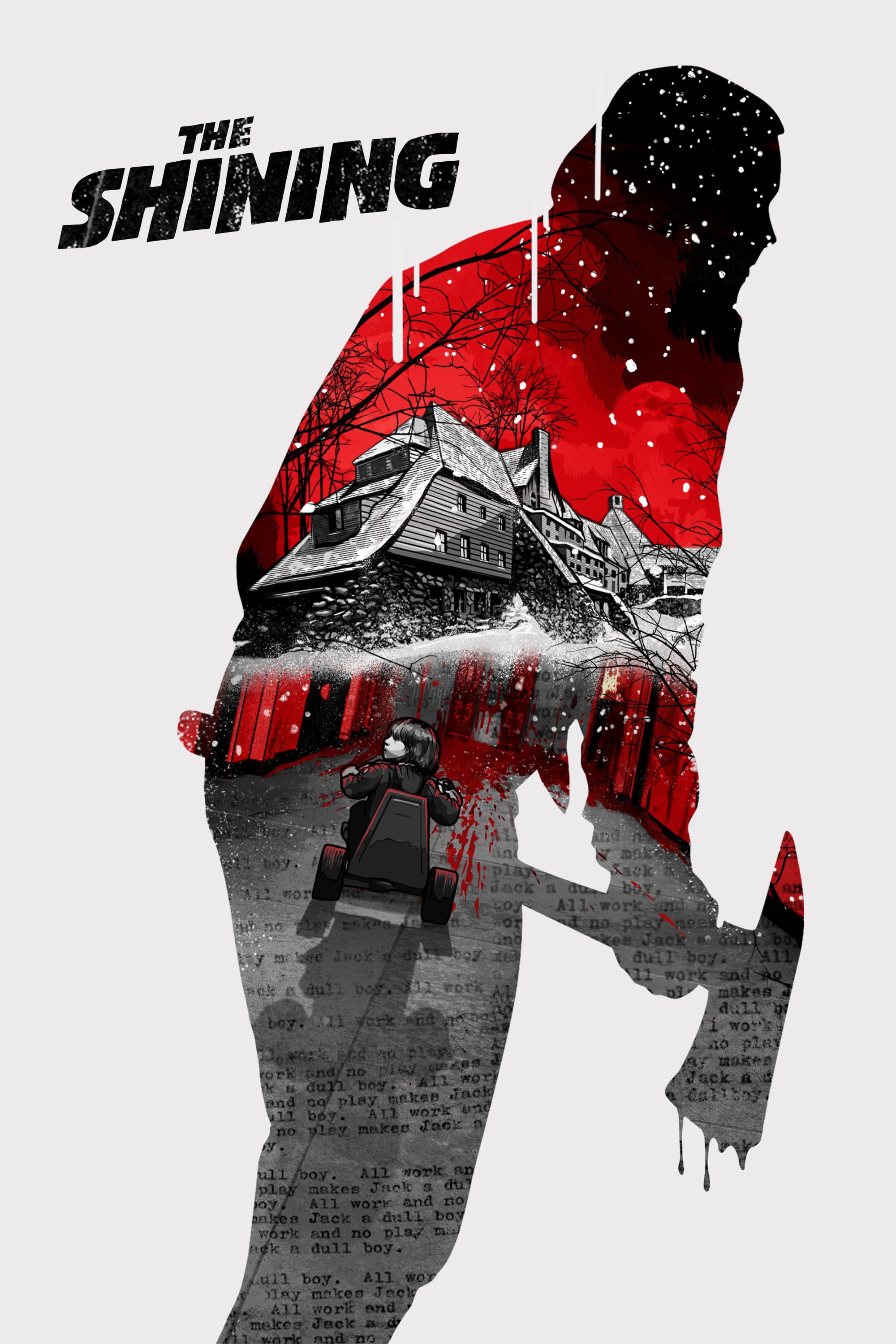
The Shining (1980)
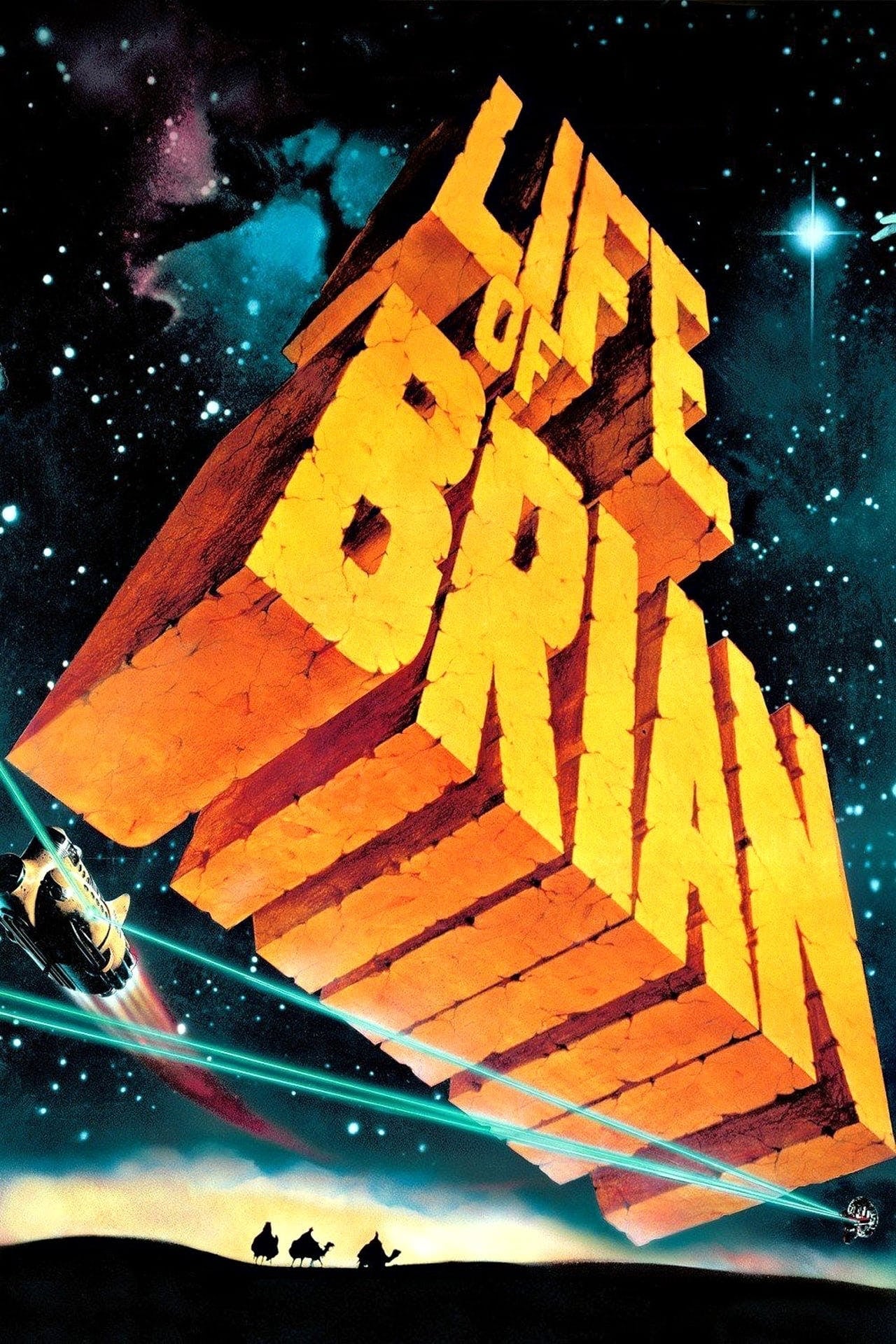
Life of Brian (1979)
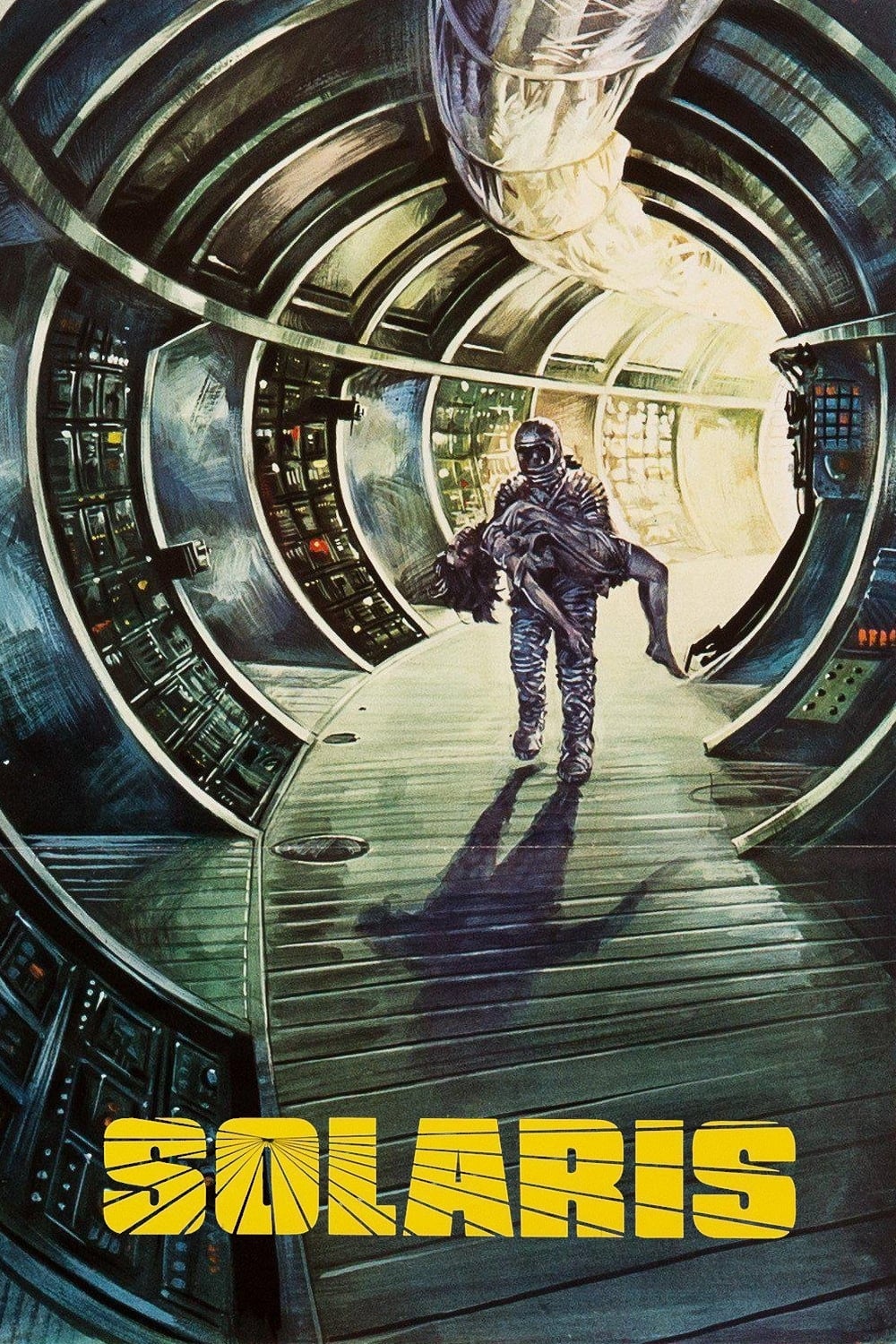
Solaris (1972)
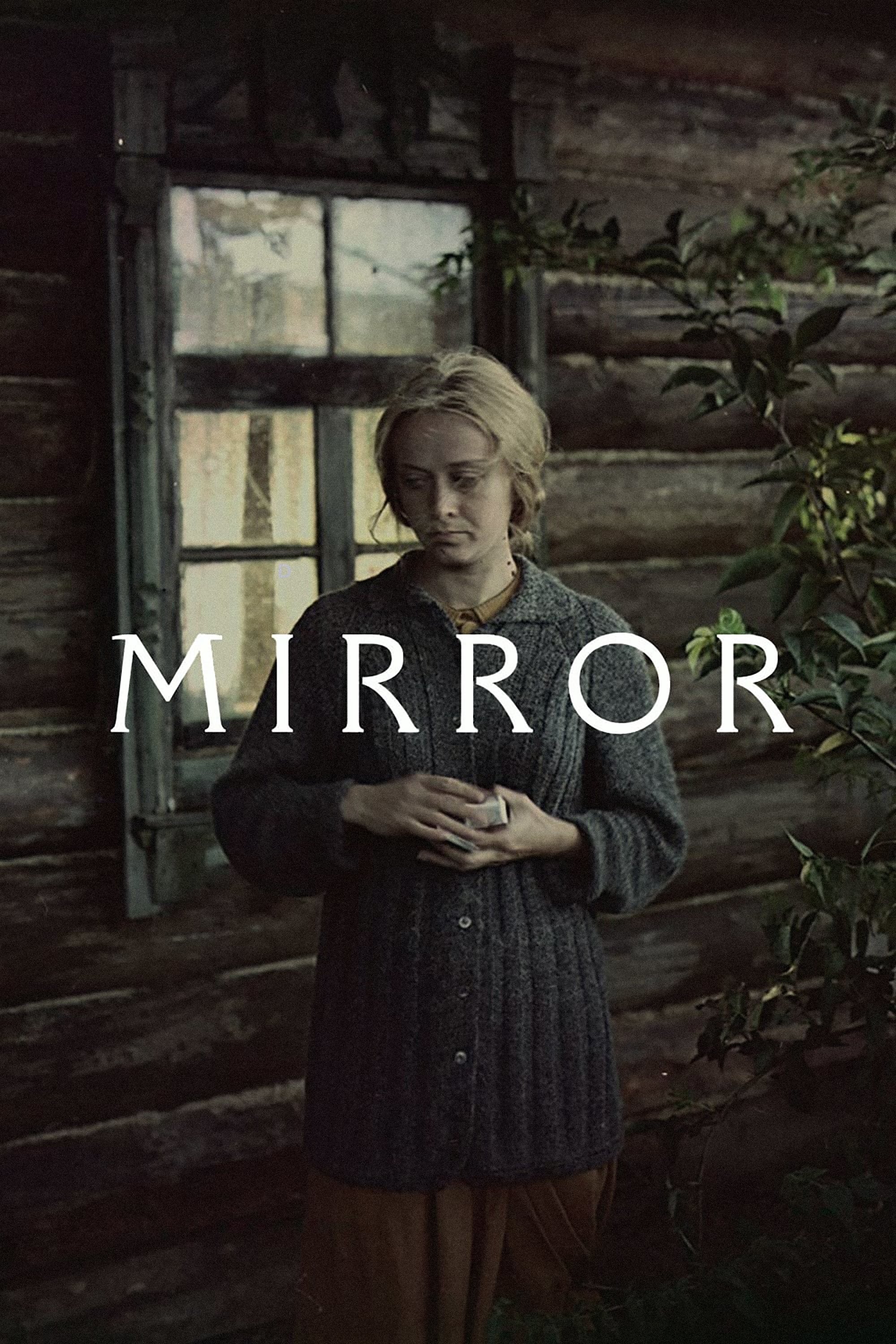
Mirror (1975)
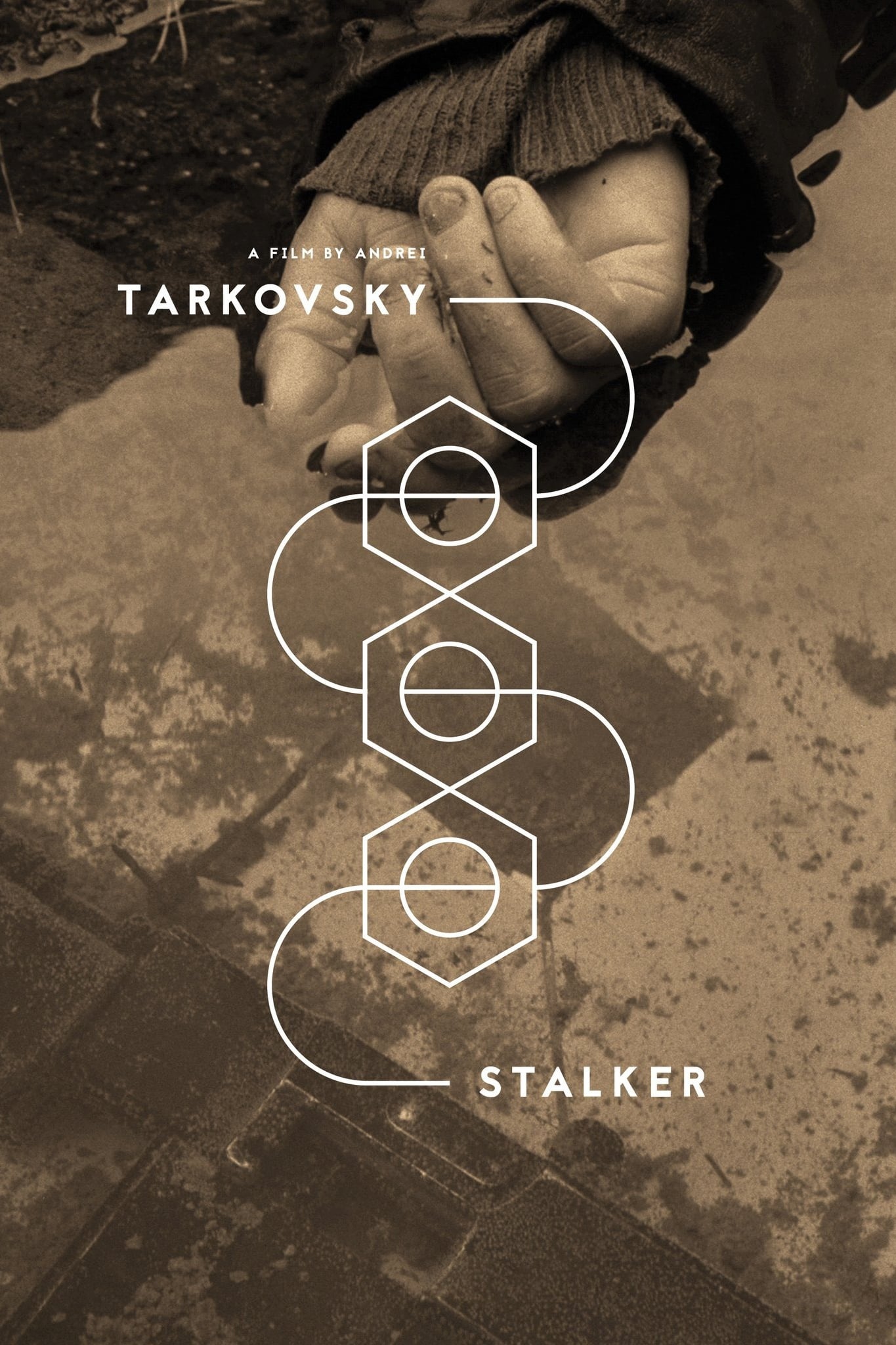
Stalker (1979)
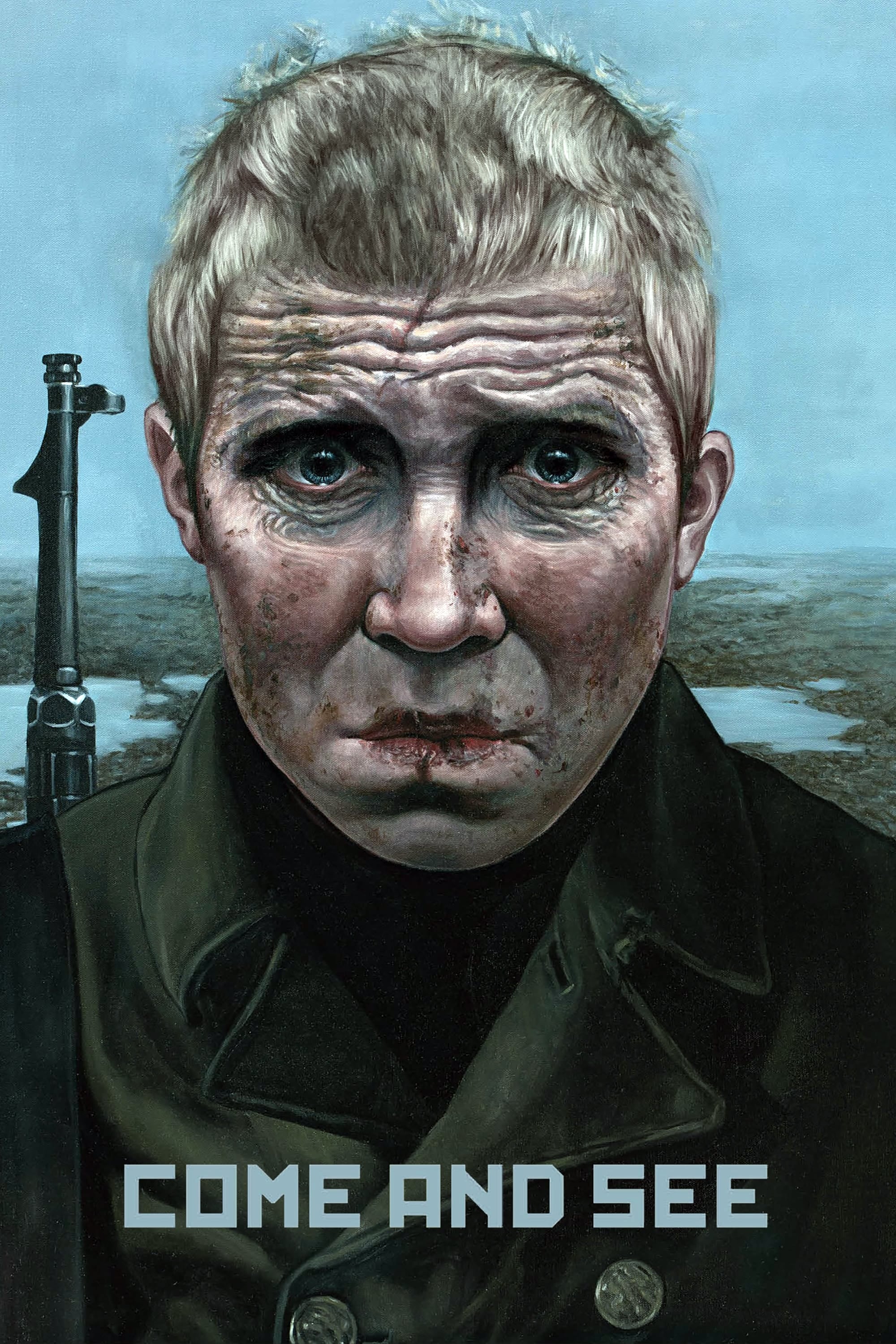
Come and See (1985)
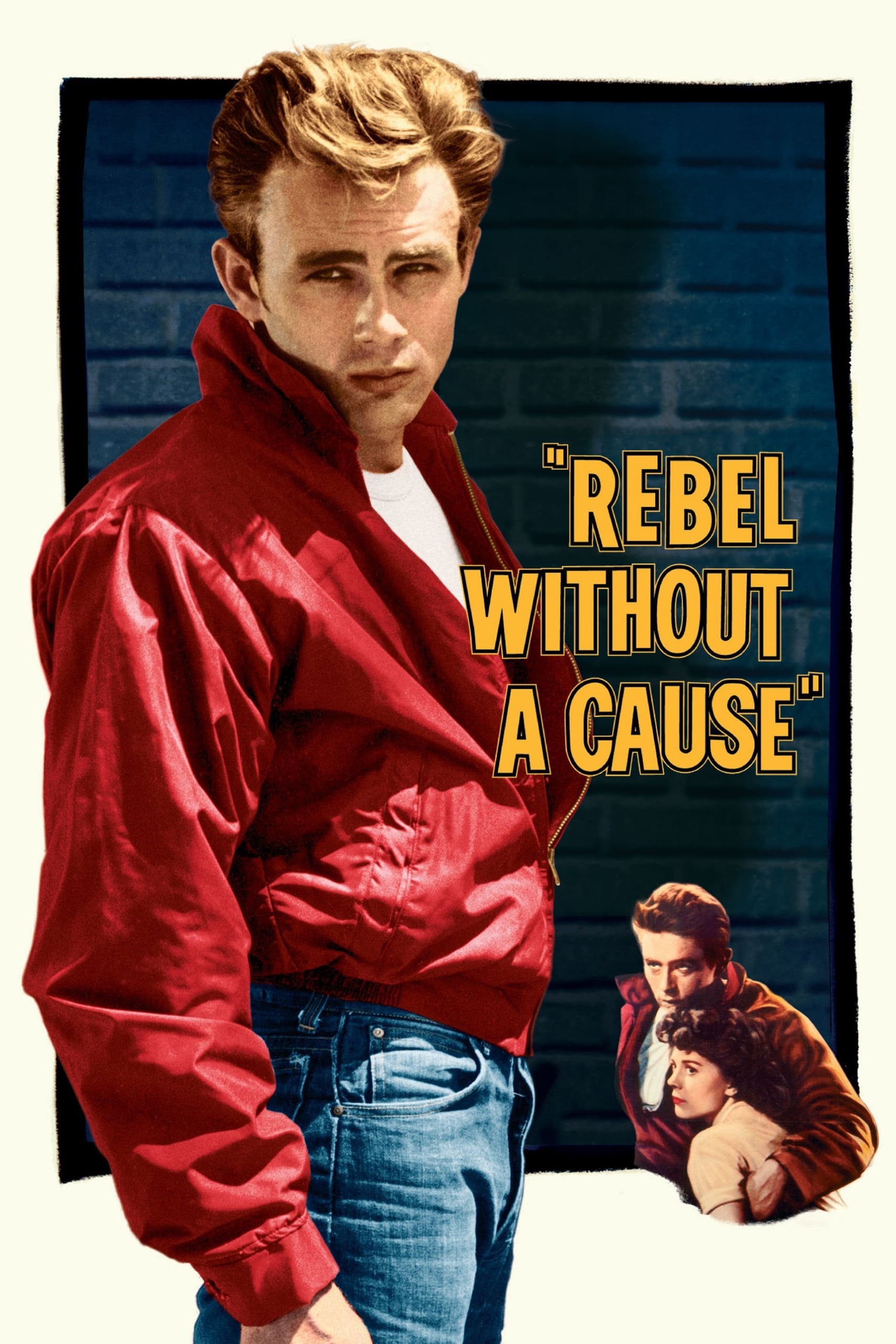
Rebel Without a Cause (1955)
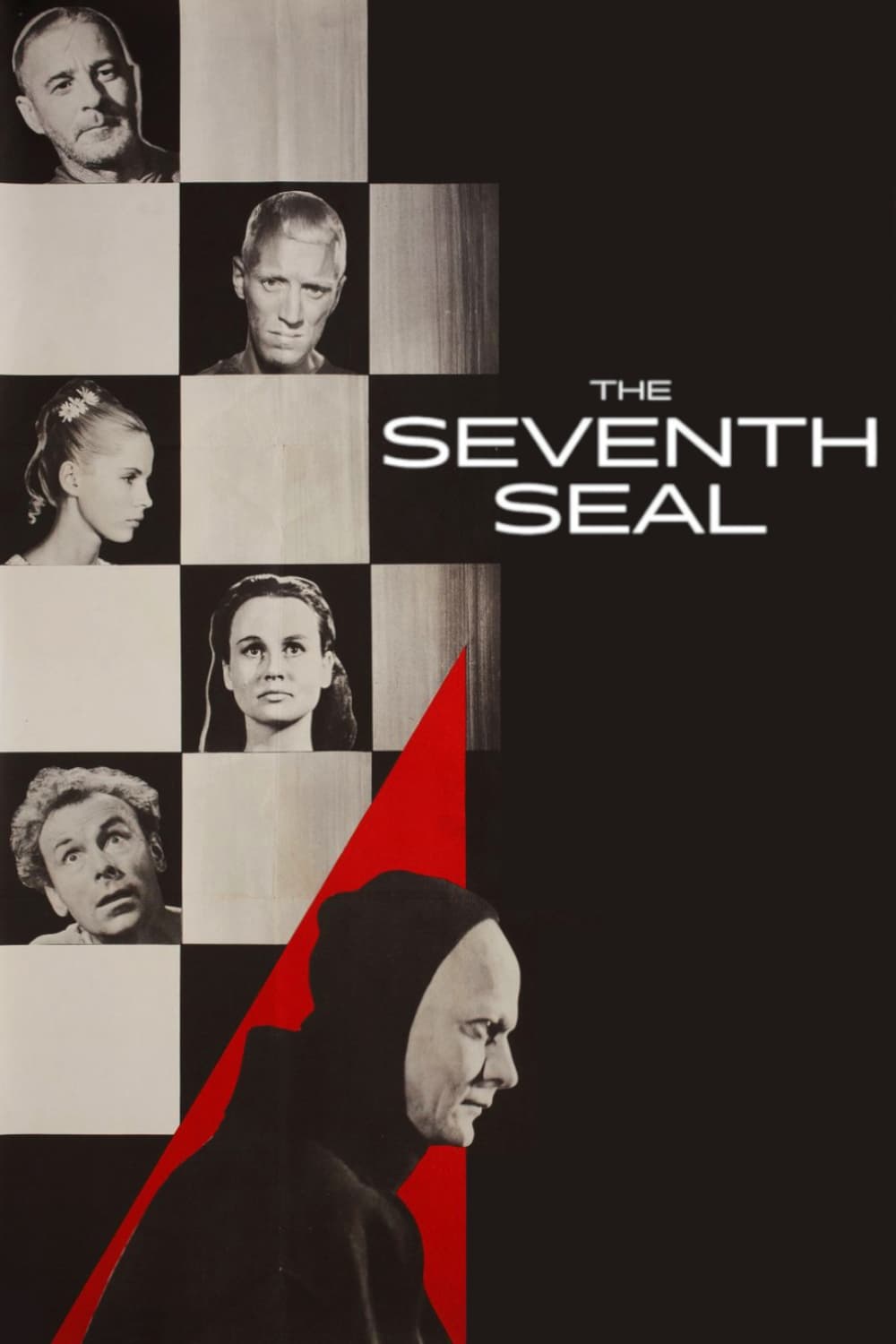
The Seventh Seal (1957)
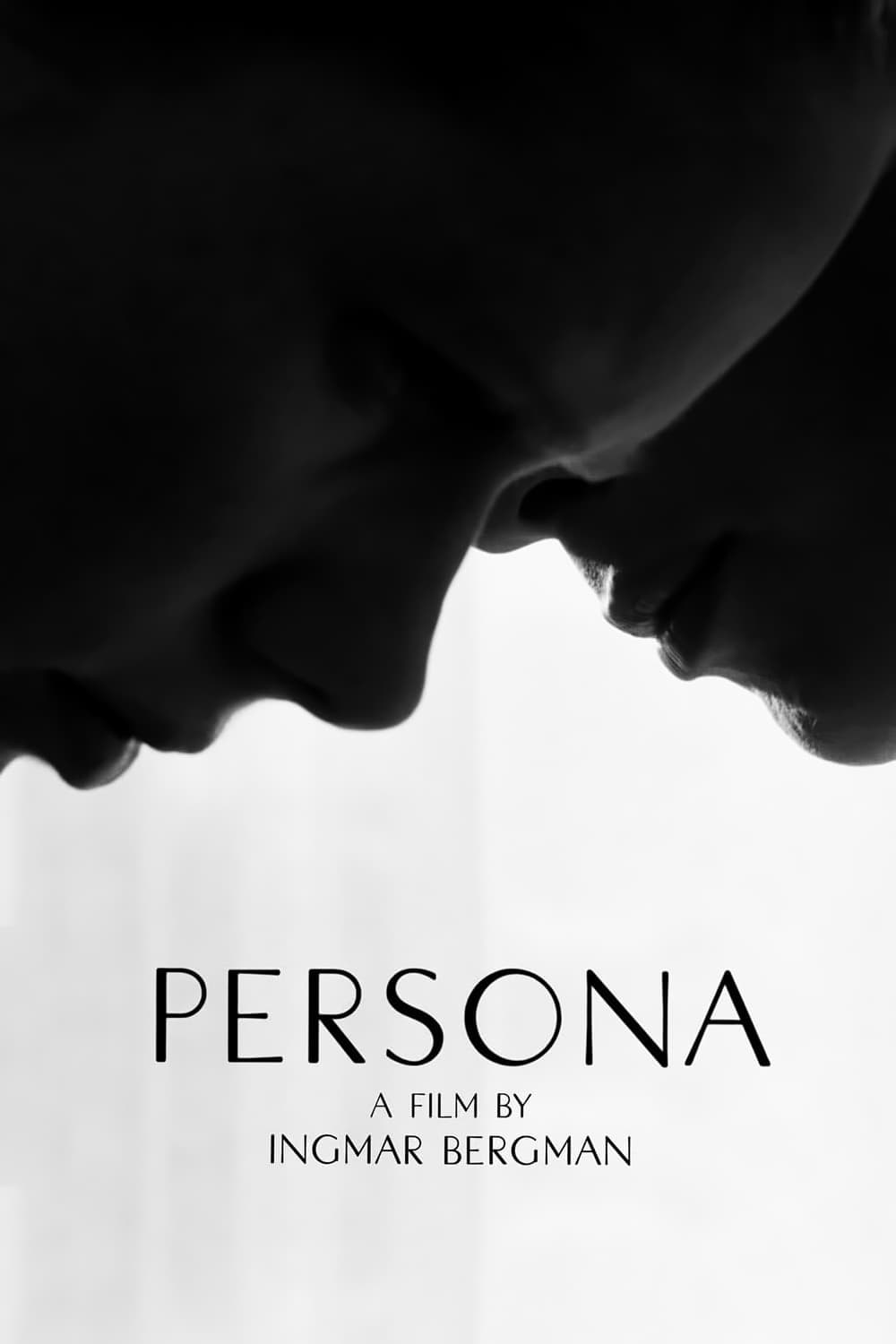
Persona (1966)
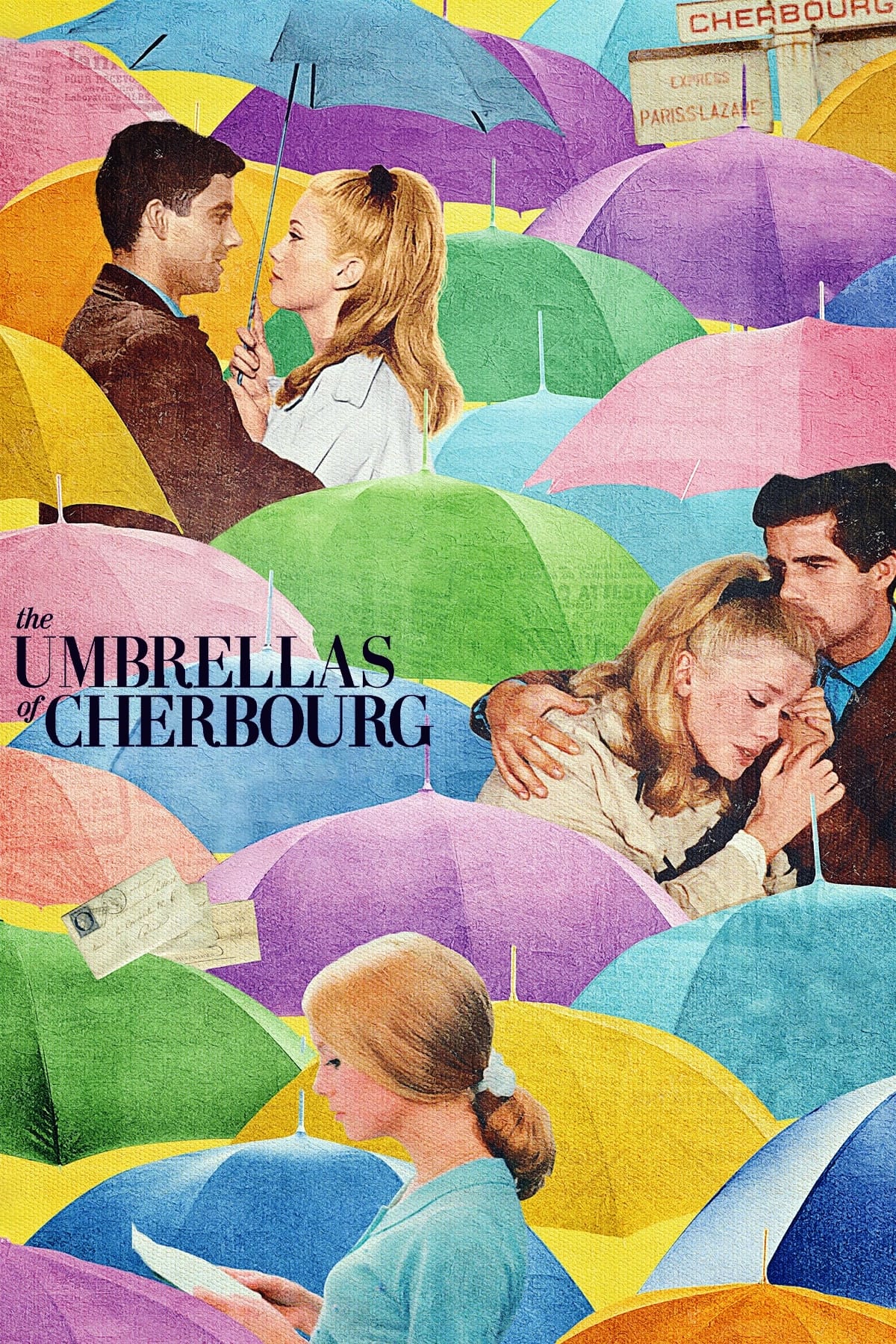
The Umbrellas of Cherbourg (1964)
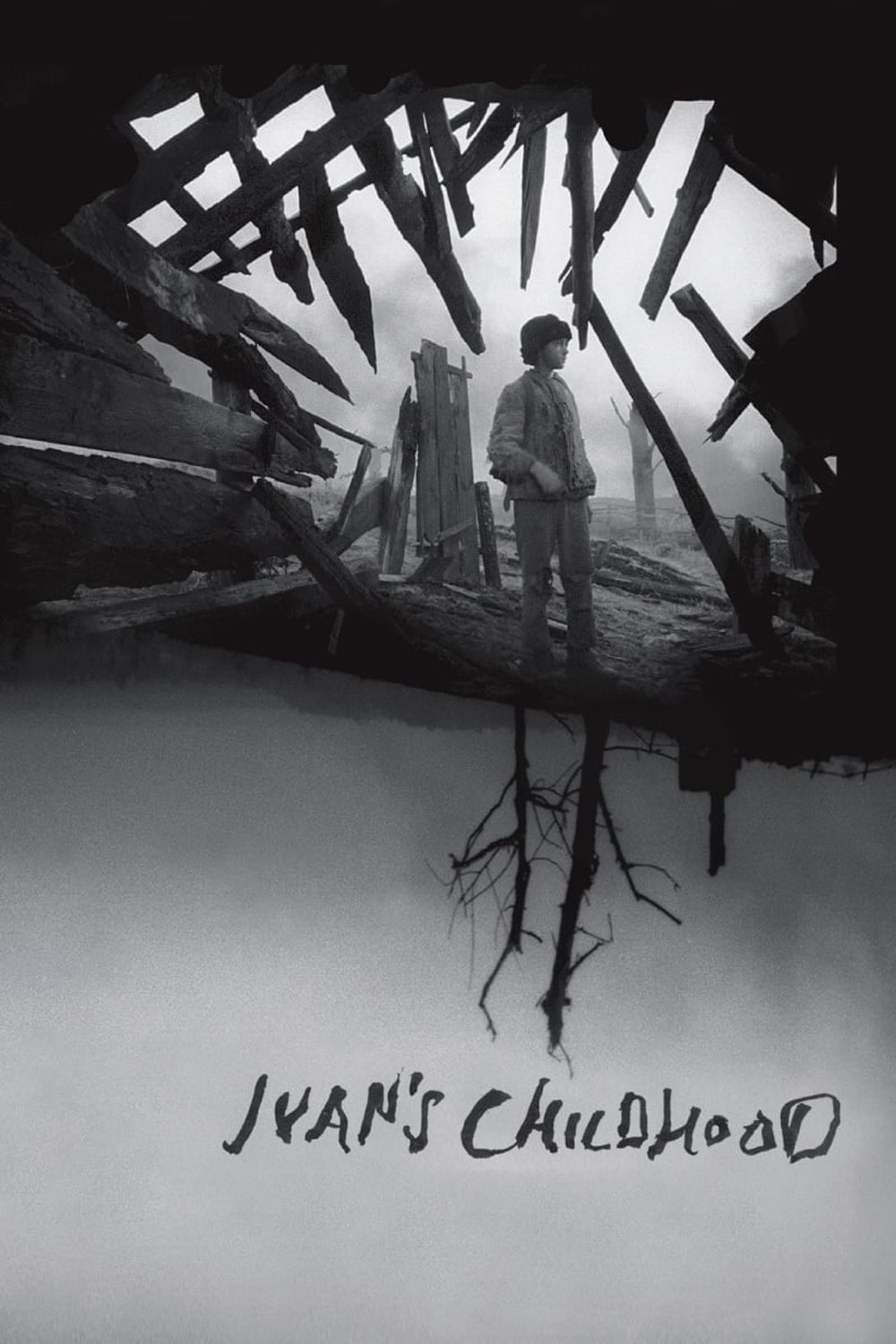
Ivan's Childhood (1962)
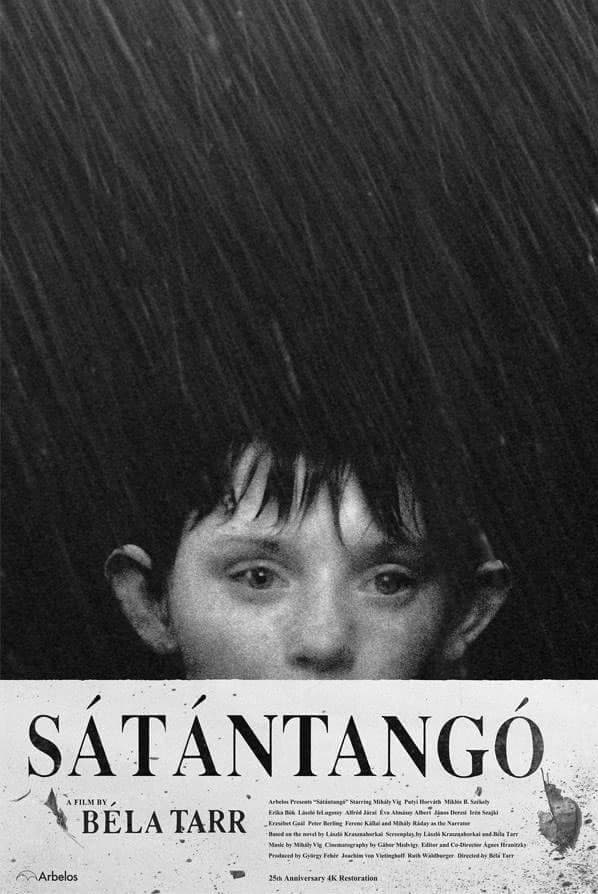
Satantango (1994)
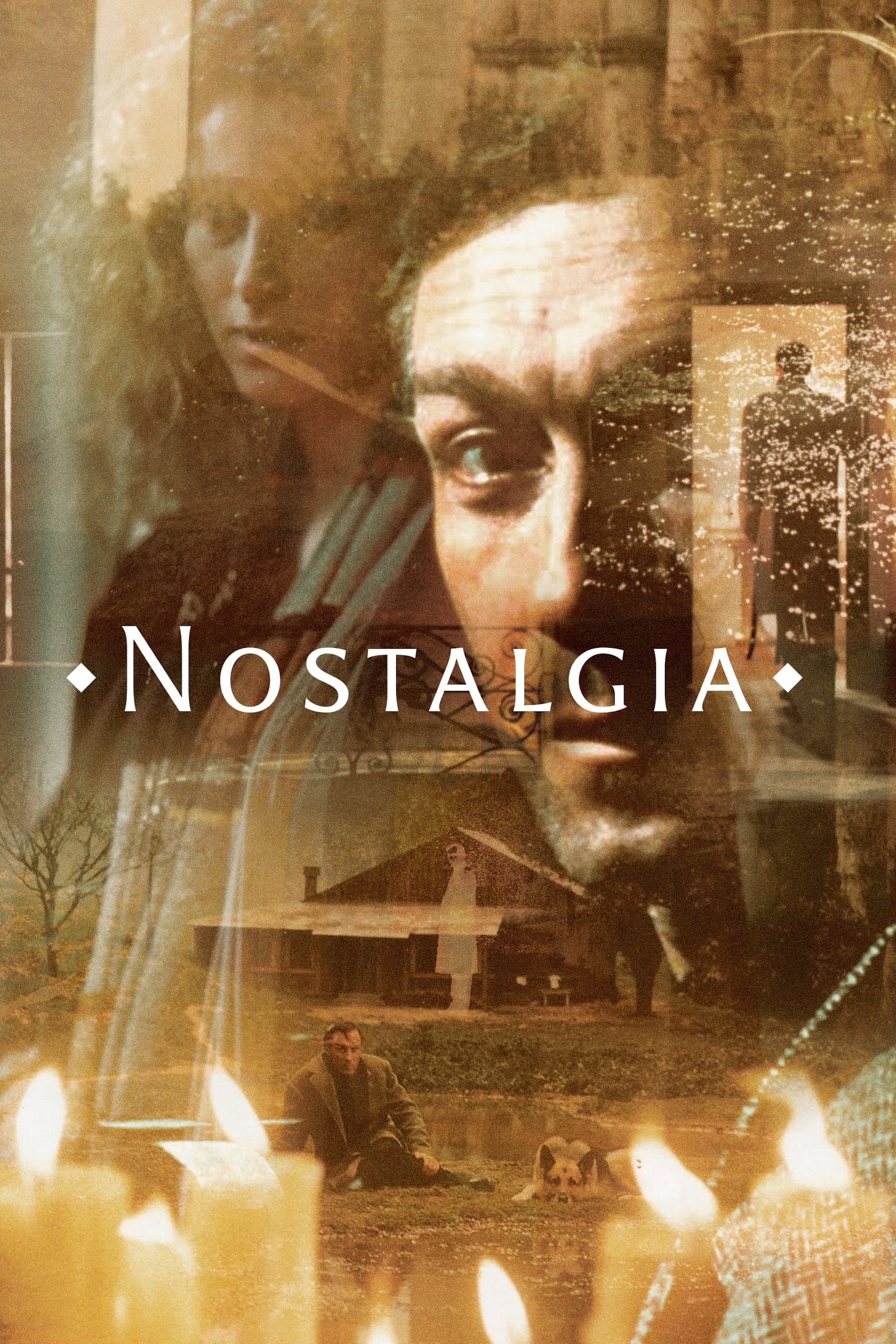
Nostalgia (1983)
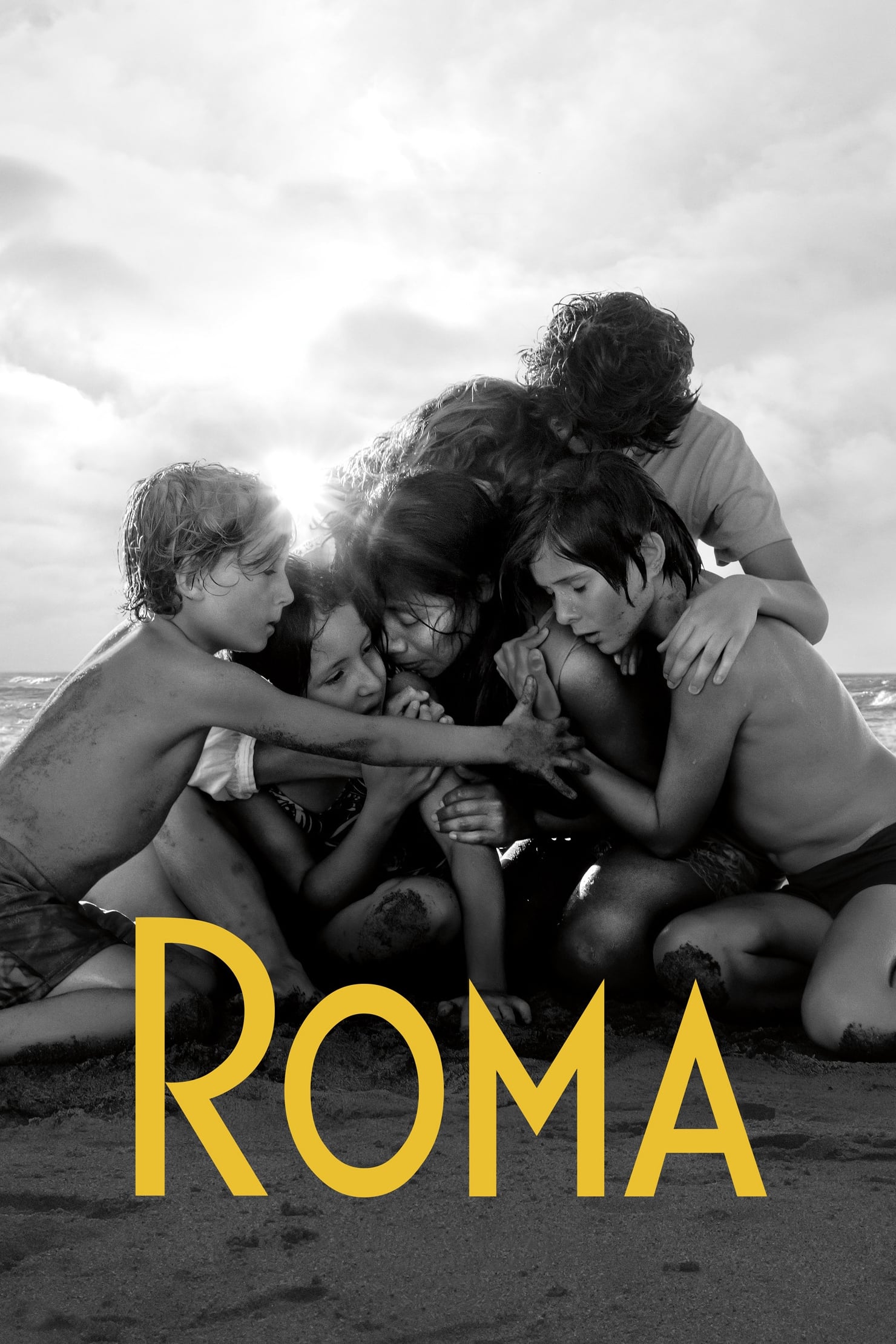
Roma (2018)
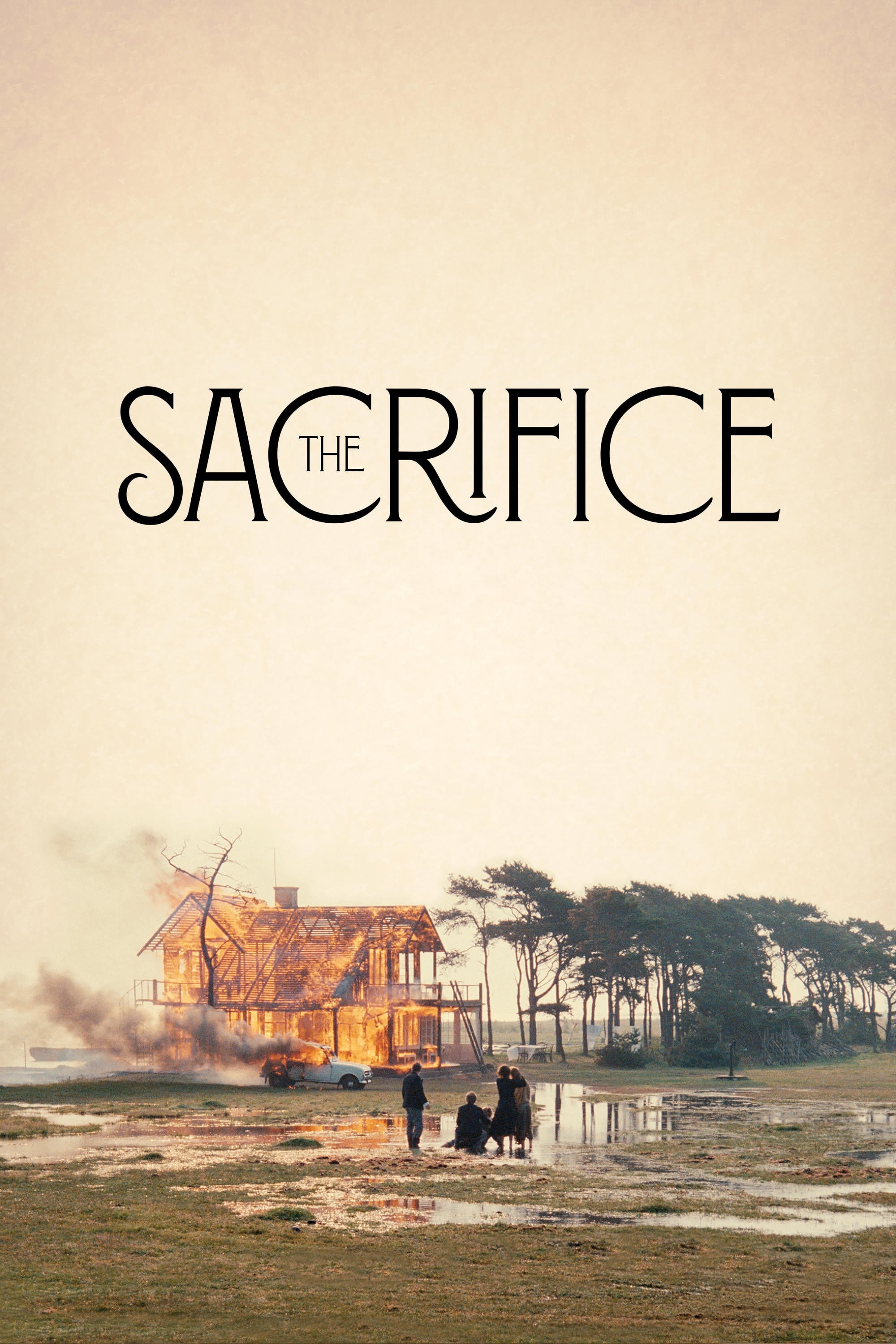
The Sacrifice (1986)
